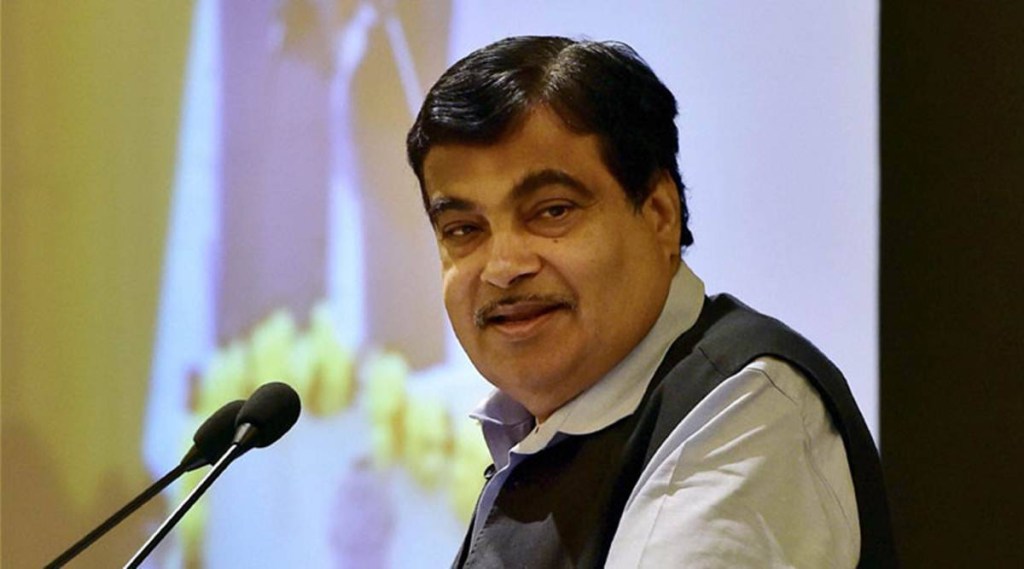Minister for road transport and highways Nitin Gadkari on Tuesday hinted at a plan to reform the National Highways Authority of India (NHAI) in order to ease its decision-making and fast-track project implementation. “We need to reform NHAI. Some of their systems have totally failed,” the minister said at a conference on road development here.
Though he lauded the NHAI for the satisfactory pace at which highways are being built in the country, the minister said, “The delay in decision-making process is one of the things where we need to address.”
Also, there is a need to speed up the arbitration process which takes between six-seven months’ time. The process should be completed in half the time, he said.
Responding to Gadkari’s comments, former NHAI chairman Raghav Chandra said, “The minister is right to an extent, but the authority should be accorded with autonomy. The NHAI’s human resource (HR) should be strengthened so that it can create and retain talent.”
Constituted by an Act of Parliament in 1988, the NHAI is entrusted with the task of developing, maintaining, and managing national highways. It is a statutory body under the administrative control of the ministry of road transport and highways (MoRTH).
The NHAI is an executing agency of the government and it does not have its own income or expenses. The entire capital of the authority is provided by the government and the capital is not divided into shares. Highway projects are shown as assets held on behalf of the Government of India, the NHAI’s auditor SK Mehta & Co said in a recent report.
The NHAI had a staff strength of 1,083 for managing the projects portfolio of more than 64,000 km, as on March 2020. In 2020-21, it constructed 4,218 km highway length and 3,214 km during the April 1–March 7 period of the current fiscal.
A staggering Rs 3.38-trillion debt burden, as on November last year, is a big headache for the NHAI. In the Budget for the next fiscal, the government has decided to give it the entire sum of Rs 1.34 trillion from budgetary support, without letting the authority resort to raising debt further for executing projects.

